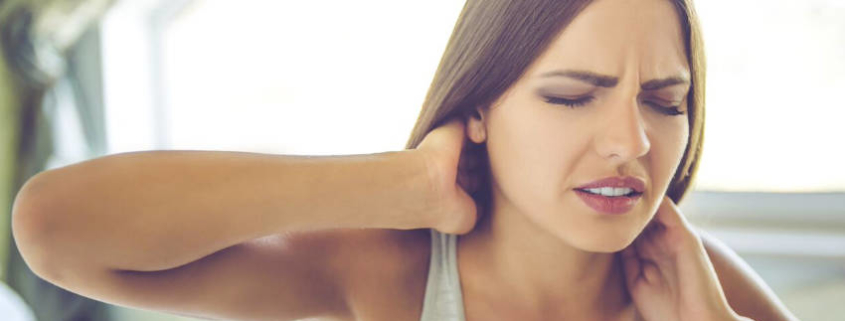Morning Stiffness
“We conclude that when the fluids of the body are stopped in the fascia, organs and other parts of the system, stagnation, fermentation, heat and general confusion will follow . . .”Dr. A.T. Still, D.O. (Founder of Osteopathy) 1874
Do you find it unbearable to get out of the bed the first thing in the morning because of the pain which you feel? – be it a stiff neck, sore back, or other issues. Morning stiffness can vary from slight stiffening of the body, to near-complete immobility and can affect your ability to perform daily routines in the house or at work. The average episode lasts only about 10 to 15 minutes. The stiffness goes away as you move and warm up the joints and muscles. Morning stiffness that becomes frequent can be a cause of concern and might be an indication of musculoskeletal conditions such as arthritis or this can be a symptom of another disorder which may need an evaluation buy your osteopath.
When we sleep at night we do not move very much (even if you are one who rolls around all over the bed), we tend to stay in a limited number of positions for a prolonged period of time. We do not always sleep in the most ergonomic positions. If we fall asleep or move into an unnatural position for our joints, that position can put undue stress on our musculoskeletal system throughout the night. Through the evening, as we sleep, the lymph fluid is gradually drains from the blood vessels, and may pool especially around inflamed areas where the tissue is already damaged or swollen like in specific joints, tendons and muscles. Lymph fluid circulation mainly depends on muscle contraction to move through the body. When we sleep this lack of motion impacts on lymph circulation and excess fluid makes the tissue swell more, making it difficult to move until the patient wakes up and starts moving and muscle contractions, restoring circulation and allowing the extra fluid to dissipate.
Another fluid accumulation or imbibition is a process that happens in our spinal discs. Throughout the night, our discs get rehydrated. This is why we slightly taller in the morning (1-2 cm) but also any back issues we have are exaggerated with the increased pressure from this extra fluid. After a night’s sleep or long period of inactivity your fascia (connective tissue) that wraps around your muscle, joints, nerves and organs, can stick together. Over the years, this creates adhesions in the tissues and it impairs lymphatic circulation. The problem is that just like glue fascia can get sticky especially when the water content of the body drops and we become immobile. Movement is critical for our joints and muscles, and because of this lack of motion, those structures tend to tighten up and give us that feeling of stiffness.
Some of the basic causes for morning stiffness include lack of physical activity on a daily basis, inappropriate exercise, being overweight, a poor diet, not getting enough sleep, trauma, improper body mechanics and poor posture. There are many conditions associated with joint pain, morning joint stiffness and swelling. Some chronic diseases like arthritis have a link with morning stiffness, and it can also develop in association with physical activity or temporary injury.
Are you struggling to get moving in the morning? Consider discussing the situation with an osteopath, who will look at determining the underlying problem. After performing a thorough assessment, your osteopath will decide on the best course of treatment. Osteopathic treatment is commonly used for joint stiffness and muscle tension, which can restrict your body’s movement and/or cause pain. It will free up these problems and allow you to move normally. Osteopathic treatment may include myofascial release, massage, subtle joint manipulation and lymphatic drainage.
View a list of common complains that Osteopathy can assist with
Discovery the benefits of Osteopathy
- What is Osteopathy?
- Adult health issues
- Babies and Children
- During and after pregnancy
- Common Complaints
- Testimonials
- Sports Injuries
- Genral Osteopathy FAQs
- The Science & Reasearch



